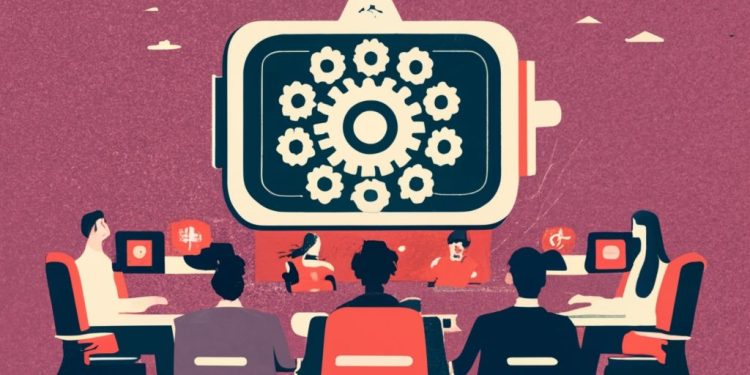The AI Training Disparity
Despite the growing interest in generative AI, a recent Workmonitor Pulse survey by Randstad reveals a significant gap in AI training for employees. This disparity raises questions about how effectively businesses are leveraging the potential of AI in their operations.
Missed Opportunities
The survey, which analyzed job postings and the perspectives of over 7,000 employees worldwide, found that while there has been a 20-fold increase in job roles requiring AI skills, only 13% of employees received any AI training from their employers in the past year. This discrepancy highlights the need for businesses to address this imbalance to fully benefit from AI’s potential.
“More employers are seeking talent with AI skills, but the gap between skills demanded by businesses and desired by employees and the training opportunities provided must be addressed,” said Sander van ‘t Noordend, CEO at Randstad.
Despite the early stages of AI adoption, employees recognize the technology’s significance and are eager to embrace it. Over half of the survey respondents (52%) believe that AI proficiency will enhance their career prospects, while 53% anticipate AI’s impact on their industries and roles. In the U.S., where AI adoption is already underway for 29% of workers, these sentiments are even more pronounced.
Unmet Expectations
Despite employees’ enthusiasm for AI, businesses are falling short in providing the necessary support. The survey revealed that AI skills rank third in demand (expected by 22% of participants in the next 12 months), following management and leadership (24%) and wellbeing and mindfulness (23%). However, only 13% of workers report receiving AI upskilling opportunities in the past year.
This training gap is most pronounced in Germany (13 percentage points) and the UK (12 percentage points), with the U.S. showing an 8-percentage point disparity. Addressing this disconnect is crucial for organizations seeking to harness AI effectively and securely to drive efficiencies.
“AI is here to stay, and employees are ready to embrace it. Successful organizations will be those that leverage this readiness and harness the opportunities of AI in their workforce,” noted Noordend.
AI training not only ensures the effective use of tools like ChatGPT but also builds trust in the technology. Workers gain the ability to discern when to rely on AI outputs and when to involve human expertise. This trust-building aspect is especially important in fields like healthcare, where accurate decision-making is paramount.
According to Taha Kass-Hout, CTO of GE Healthcare, “Breaking the black box of AI” through education programs helps clinicians understand how and when to use AI effectively, addressing concerns about bias and trust in AI data.
McKinsey estimates that when fully utilized, generative AI technologies alone could generate trillions in global corporate profits annually, underscoring the potential benefits of closing the AI training gap.










